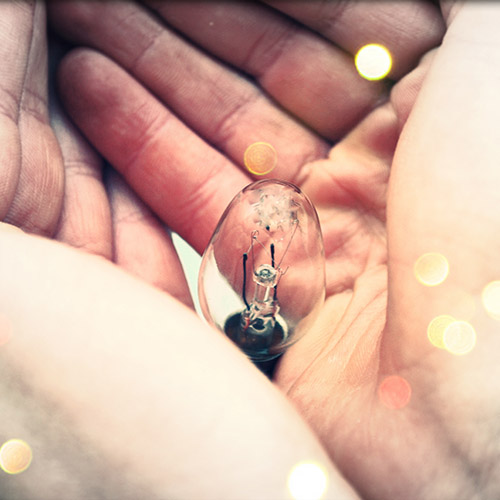
by Jennette McCurdy | Jul 10, 2017 | Uncategorized
Hey team, I can be such a scatterbrain. My mind will wander, my thoughts will race, I’ll forget where I set my keys when they’re right in my hand. I have these and also every single other classic example of a short attention span, including the fact that I have gotten...

by Jennette McCurdy | Jul 3, 2017 | Uncategorized
Hey team, I’ve been interested in the hormones/neurotransmitters responsible for happiness for quite some time. Whether I’ve been interested in them because I’m a completely miserable person and want to be happy OR because I’m a completely happy person and want to...

by Jennette McCurdy | Jun 29, 2017 | Uncategorized
Hey team, In the past I have struggled with vulnerability. I have faked vulnerability, I have confused love with vulnerability, I have supported others in their vulnerability. Yet I didn’t always know how to be vulnerable myself. It was like the very idea of what that...

by Jennette McCurdy | Jun 19, 2017 | Uncategorized
Guys! Something great happened for me last night and I’m really excited to share it with you. I was having a bout of nighttime anxiety. My thoughts were racing, my heart was pounding a little faster than normal, and I couldn’t figure out what exactly I was worried...

by Jennette McCurdy | Jun 12, 2017 | Uncategorized
This is just a quick post reminding you to think for yourself and empower your mind. With the wild amount of information that is constantly coming at us, something I believe is more important than it’s ever been is the ability to turn our minds into filters –...





